Ivorian scientist Duni Sawadogo receives the Harambee Award for the Promotion and Equality of African Women
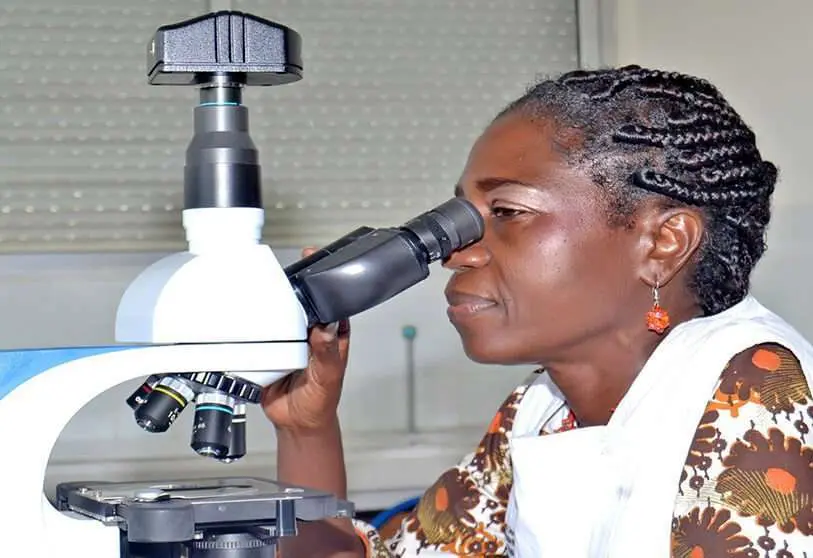
The 12th Harambee Prize for the Promotion and Equality of African Women, sponsored by Laboratorios René Furterer, was awarded this Friday. On this occasion, the winner was the scientist from Ivory Coast, Duni Sawadogo, for her fight for the promotion of women in the university and against the trafficking of counterfeit medicines that cause so much damage to the most vulnerable people in Africa every year.
The event, which was held virtually due to the pandemic, was attended by the president of the Harambee Foundation, Antonio Hernández Deus, who highlighted Sawadogo's commitment to helping other women to pursue their scientific vocation. He also valued the strength with which she has broken "steel ceilings, rather than glass ceilings, which impede the progress of women in science".
Nicolás Zombré, general manager of the Pierre Fabre Group in Spain, then stressed that Sawadogo's example "is the way forward". The Pierre Fabre Group promotes access to health in underdeveloped countries. For 20 years, it has been promoting actions in collaboration with associations to achieve this objective, but also to fight against drug trafficking and the training of health professionals.
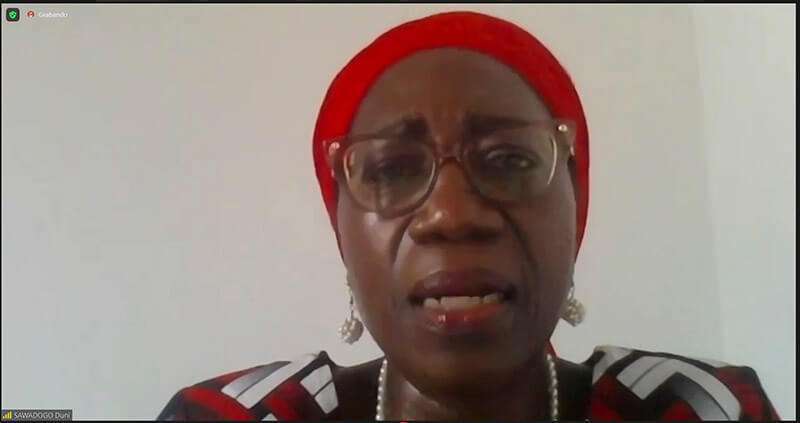
Mary Carmen Muiños, Marketing Director at Pierre Fabre, also thanked the scientist for her work and pointed out the importance of access to education and literacy.
Duni Sawadogo is a 59-year-old Ivorian woman, with a PhD in Pharmacy from the University of Abidjan, a PhD in Cell Biology and Haematology from the University of Navarra, and Professor of Biological Haematology at the Felix Houphouet Boigny University.
Born into a family of a Catholic mother and a Muslim father, both intellectuals, she had no difficulty in studying. Her speech at the event focused on the two main themes that guide her professional activity: women and science and the trafficking of medicines.
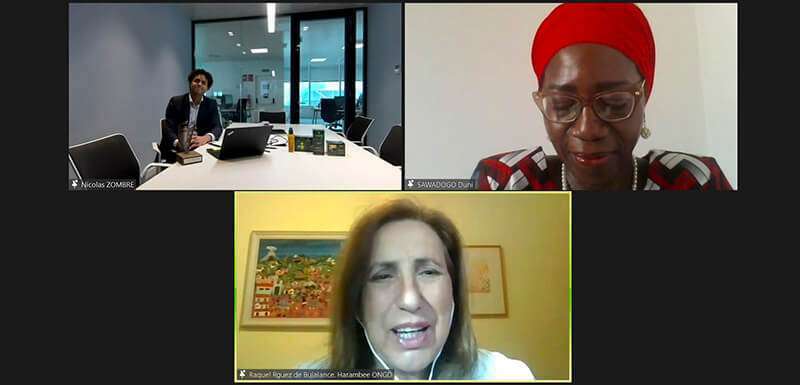
Sawadogo recounted how during his childhood, travelling along the roads, he used to see girls selling fruit and wondered why he was not with them. The difference, she stressed, is that she had the opportunity to go to school, "a simple fact that changed my life".
She also recounted how she began to take her first steps. "I needed to be myself. I entered an international competition that brings together almost all the countries of Africa with a panel of African and European experts", a prize that was fundamental in her professional development.
"One day a Muslim girl arrived wearing a veil, the class had already started and I don't know why I asked her why she was late and had several absences. She replied that it was because she had got married. At that moment I realised that I had two possibilities: one, to tell her that the professional future was more important, but it would have left her in a bad way. So I chose the other option, I asked the class to applaud her because marriage is important, and from then on she was encouraged to come more", an anecdote that Sawadogo told in relation to the importance of women increasing their presence in the university.
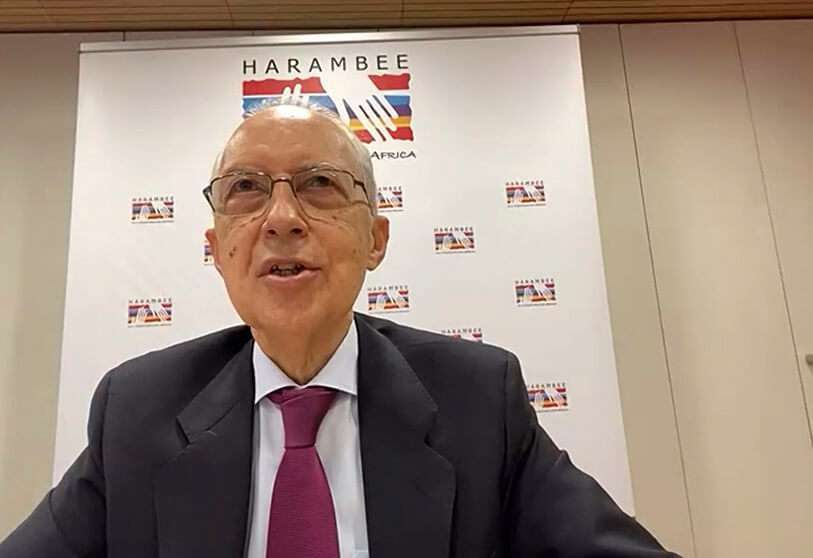
When asked about the changes that need to be made so that access to university is not a privilege, Sawadogo said that the most important thing is to create secondary schools close to the villages, as many parents fear that their daughters will be in danger if they have to move to big cities. According to the scientist, this would explain why there are far fewer girls in secondary school and therefore even fewer in university. She also pointed to poverty as one of the biggest impediments, and there are also fewer and fewer scholarships, she reported.
On the other hand, drug trafficking is such a lucrative business that, for example, it generates 20 times more money than heroin, causes numerous deaths a year worldwide, especially among the most vulnerable people. The WHO estimates that 300,000 children under the age of five die each year in Africa from complications caused by fake or substandard medicines.
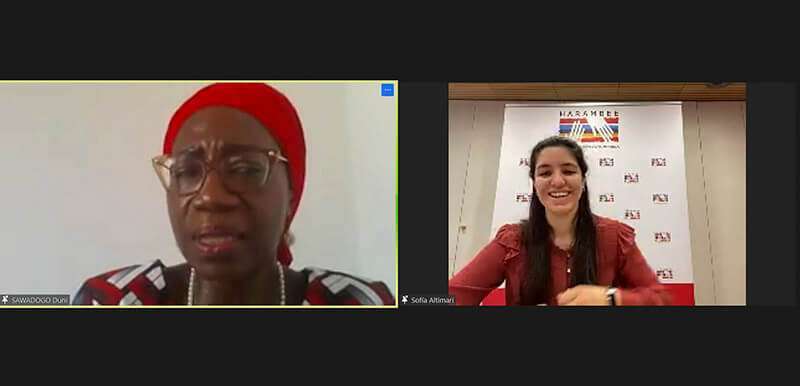
She advocated greater collaboration between countries to fight this scourge, although she also believes it is necessary to strengthen the pharmaceutical industry in Africa, given that only 2% of the medicines used are manufactured there, which is an open door to drug trafficking.
The Ivorian scientist thanked the Pierre Fabre Group for the work they are doing in this regard, and also for providing this help in good faith without advertising themselves.
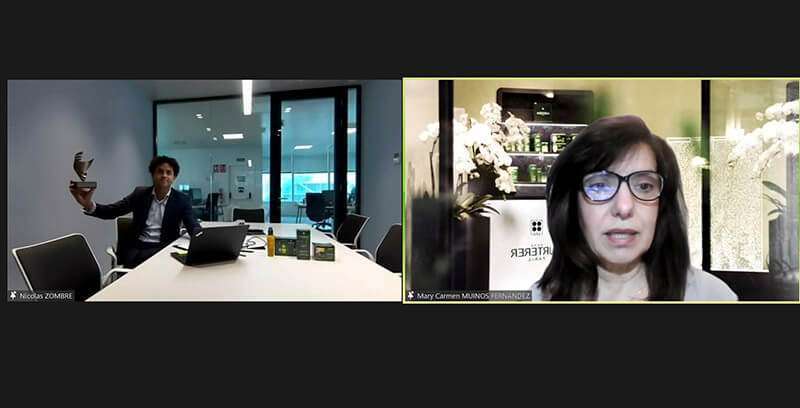
"I dream of an African continent where there is peace and prosperity, I dream that one day no African will have to cross the Mediterranean to go to Europe to look for work, I dream that one day I will be able to work in a laboratory like the ones I saw in the North (...) I don't know if I will see it, but I hope it will become a reality for future generations. In the meantime, by helping the people and women around me, I am doing my bit. "I dedicate this award to all the women in the world and especially to those in Africa (...) Women give life to humanity and give humanity to life", said the winner.










